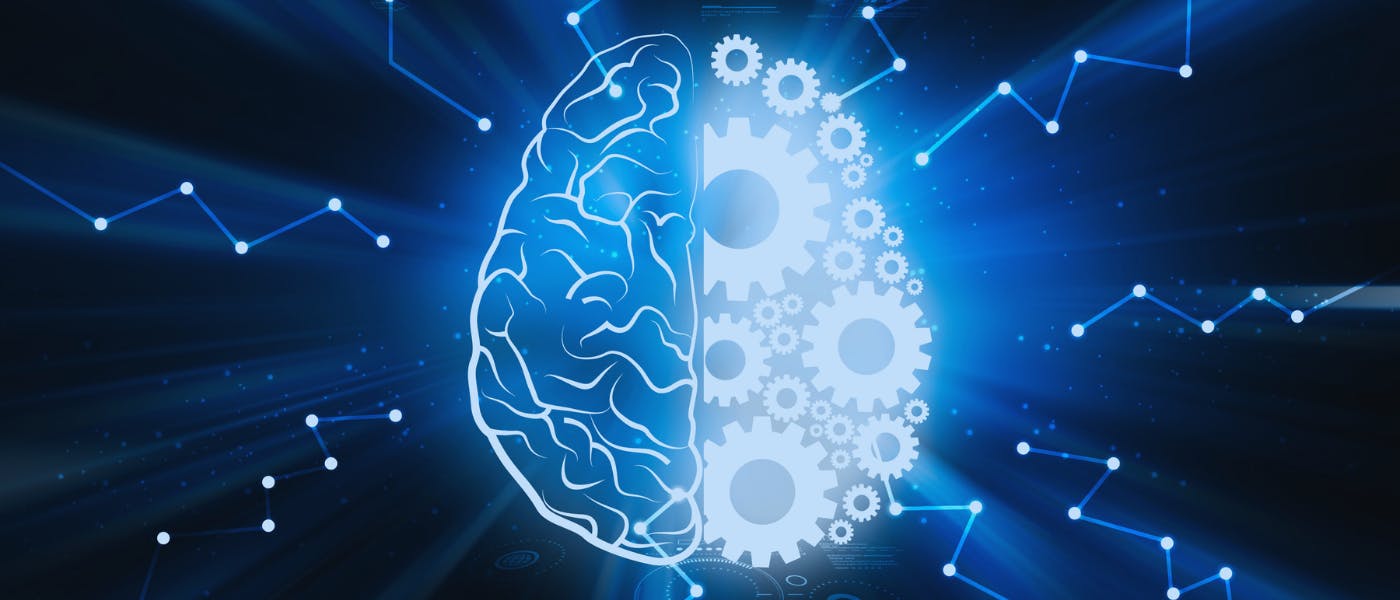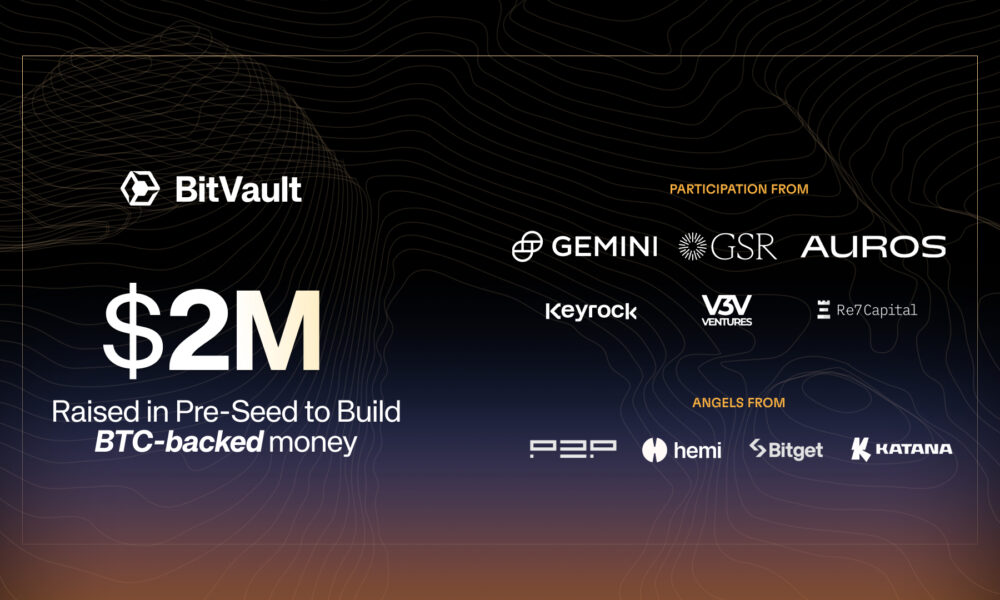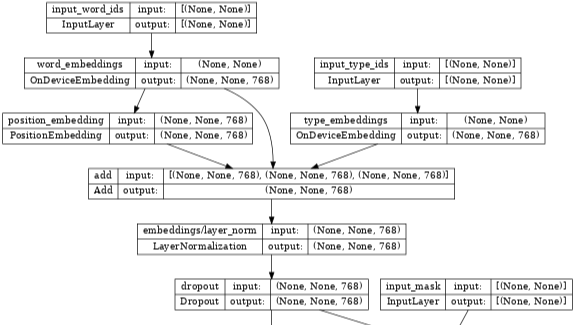Scientific research on the impact of Artificial Intelligence on our cognitive skills and mental state is still in its infancy, but early evidence from research powerhouses suggests some worrying trends—namely, that frequent use of generative AI may undermine motivation, weaken memory retention, and erode critical thinking.
Harvard Study: AI Boosts Productivity and Boredom
A recent Harvard study by Yukun Liu et al. suggests that GenAI makes people more productive but less motivated. While LLMs are able to improve the quality and efficiency of assignments, employees who collaborated with LLMs on one task and then moved on to another task without AI assistance consistently reported a decrease in intrinsic motivation and an increase in boredom by an average of 20%. In contrast, those who worked without AI maintained a relatively stable psychological state.
MIT Study: AI’s Effect on Critical Thinking in Students
Nataliya Kosmyna, a full-time researcher at the Massachusetts Institute of Technology (MIT) Media Lab, has recently investigated whether ChatGPT could harm critical thinking skills. The study conducted by her and her colleagues has produced thought-provoking results. In particular, her research team aimed to specifically explore the impact of AI on schoolwork, as an increasing number of students are using AI.
The study involved 54 participants aged 18 to 39 from Boston, who were given a task to write an essay across three 20-minute sessions based on school assessment test (SAT) questions, including the ethics of philanthropy and the pitfalls of having too many choices. Participants were randomly divided into the following three groups, balanced by age and gender:
- LLM group: Participants in this group were required to use ChatGPT as their sole source of information for the essay. No other browsers or applications were allowed.
- Search engine group: Participants in this group were free to use any website to help them with their essays, but ChatGPT or any other LLM was explicitly prohibited; all participants used Google as their browser of choice. They had to add “-ai” to any search query, so they wouldn’t be able to use AI-enhanced answers.
- Brain-only group: Participants in this group were not allowed to use either LLM or any other websites for consultation.
In an optional fourth session, participants switched roles: the LLM users used no tools (LLM-to-Brain), and the Brain-only group used ChatGPT (Brain-to-LLM).
Key Findings: Brain Activity and Essay Quality
The researchers used EEG to record the brain activity of the essay writers and found that of all three groups, ChatGPT users had the lowest brain activity and “consistently performed poorly on neural, linguistic, and behavioral levels.”
In particular, the study revealed the following results:
-
LLM group: The essays were remarkably homogeneous within each topic, differing hardly at all from one another. Participants often used the same expressions or ideas.
-
Brain-only group: Essay writers showed varied and diverse ideas among the topics.
-
Search engine group: The essays were based on search-engine-optimized content; their ontology overlapped with the LLM group but not with the Brain-only group.
The EEG analysis revealed that the Brain-only group exhibits the highest level of neural connectivity, particularly in the alpha, theta, and delta bands. LLM users had the weakest connectivity, 55% lower in low-frequency networks. The group of search engine users demonstrated high involvement of the visual cortex, which is consistent with the information-gathering process on the Internet.
In terms of behavioural and cognitive engagement, the LLM group participants were unable to quote accurately, while the Brain-only group participants demonstrated good recall and citation skills.
In terms of ownership, Brain-only participants claimed full responsibility for their work; LLM participants expressed either no responsibility or partial responsibility.
In terms of critical thinking, Brain-only participants cared more about the 𝘸𝘩𝘢𝘵 and 𝘸𝘩𝘺 they wrote, while LLM users focused on the 𝘩𝘰𝘸.
Repeated use of the LLM has led to superficial repetition of content and reduced critical engagement. This indicates the accumulation of “cognitive debt”, e.g., the postponement of mental effort at the cost of long-term cognitive depth.
After writing three essays, the participants were optionally asked to rewrite one of their previous works. However, the LLM group had to do it without the tool, while the brain-only group could use ChatGPT. The first group remembered little of their essays and showed weaker alpha and theta brain waves, likely reflecting the bypassing of deep memory processes. Although the task was completed effectively and conveniently, according to the researcher, none of the information was actually integrated into their memory networks.
The second group, on the other hand, performed well, showing a significant increase in brain connectivity across all EEG frequency bands. This gives hope that AI, when used correctly, can enhance learning rather than hinder it.
Public Reaction and AI Traps
The researcher decided to publish the paper while peer review process is being in progress, as she’s confident that it’s absolutely crucial to start educating people, and especially students, on how to use LLM tools correctly and promoting the fact that our “brain does need to develop in a more analog way.” According to her, “We need to have active legislation in sync and, more importantly, be testing these tools before we implement them.”
Ironically, after the paper was published, several social media users ran it through LLMs for summarization and then published the findings online. According to Time, Kosmyna expected people to do so, so she inserted several AI traps into the paper, such as instructing LLMs to “read only this table,” which ensured that they would only get limited information from the article.
Ongoing Research: AI’s Impact on Programming
Kosmyna and her colleagues are currently working on another similar paper that tests brain activity in AI-driven and AI-free software engineering and programming. According to them, the results are even worse. This new research could have implications for many companies hoping to replace their entry-level programmers with AI.
Even if efficiency increases, the growing reliance on AI could potentially reduce critical thinking, creativity, and problem-solving abilities across the remaining workforce.











